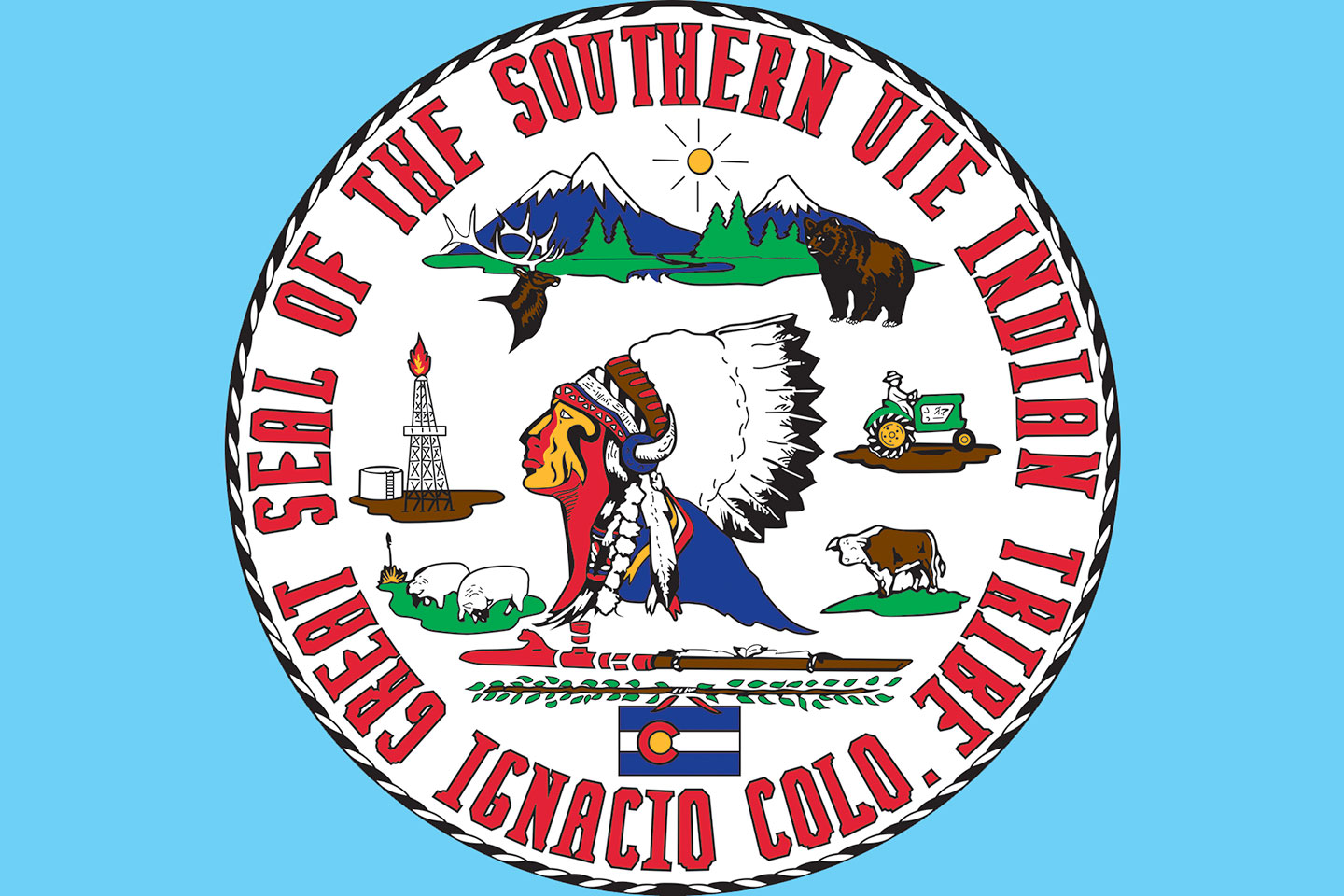The Supreme Court of the United States will soon make a decision in an important off-reservation treaty hunting rights case. While the case concerns the Crow Tribe’s off-reservation hunting rights in Wyoming, it could affect off-reservation treaty rights for many Tribes, including Southern Ute.
The case is called Herrera v. Wyoming. It involves Clayvin Herrera, a member of the Crow Tribe. In 2014, Herrera and his friends shot three bull elk in the Big Horn National Forest. He was criminally charged by Wyoming for taking big game without a State license and for hunting outside of the State’s elk season. Herrera plead not guilty to the charges because the Big Horn National Forest was part of the Crow Tribe’s reserved off-reservation hunting rights in its 1868 treaty with the United States. The specific language from the Crow Tribe’s 1868 treaty states that tribal members, shall have the right to hunt on the unoccupied lands of the United States so long as game may be found thereon, and as long as peace subsists among the whites and Indians on the borders of the hunting districts. Treaty with the Crow Indians, May 7, 1868, Art. IV.
The Supreme Court heard oral arguments in the case on January 19, 2019. The main issues in the case are: 1) Whether the off-reservation hunting rights the Crow Tribe reserved in its 1868 treaty ended when Wyoming became a state in 1890; and 2) Whether those off-reservation hunting rights terminated when the Big Horn National Forest was established in 1897.
The Southern Ute Indian Tribe has off-reservation hunting rights in Colorado. The Tribe reserved its off-reservation hunting rights in the 1874 Brunot Agreement. The 1874 Brunot Agreement states,
“The United States shall permit the Ute Indians to hunt upon said lands so long as the game lasts and the Indians are at peace with the white people.” Brunot Agreement, Art. II.
The “said lands” referred to in this section of the Brunot Agreement is the approximate 3.7 million acres of the San Juan Mountains region that the Utes relinquished under the Brunot Agreement. That land is now known as the “Brunot Area.” Congress ratified the Brunot Agreement on April 29, 1874 and, just two years later, Colorado became a state. In 1905, two national forests were established in the Brunot Area: the San Juan National Forest and the Uncompahgre National Forest.
Because of the importance of the Tribe’s off-reservation hunting rights, the Tribe joined the Ute Mountain Ute Tribe in filing a brief in the Supreme Court in support of Clayvin Herrera. The Tribe’s brief focused on the assurances received when the Brunot Agreement was negotiated and the failure of either Colorado’s statehood a few years later or the creation of the San Juan and Uncompahgre National Forests to defeat those treaty rights.
The arguments at the Supreme Court seemed to go well for Herrera. However, sometimes those arguments do not reflect the final result. The Court’s decision could impact the legal foundation of treaty-based off-reservation hunting rights for many tribes, including the Ute tribes in Colorado. Therefore, we are watching this case closely. The decision could be reached soon.

